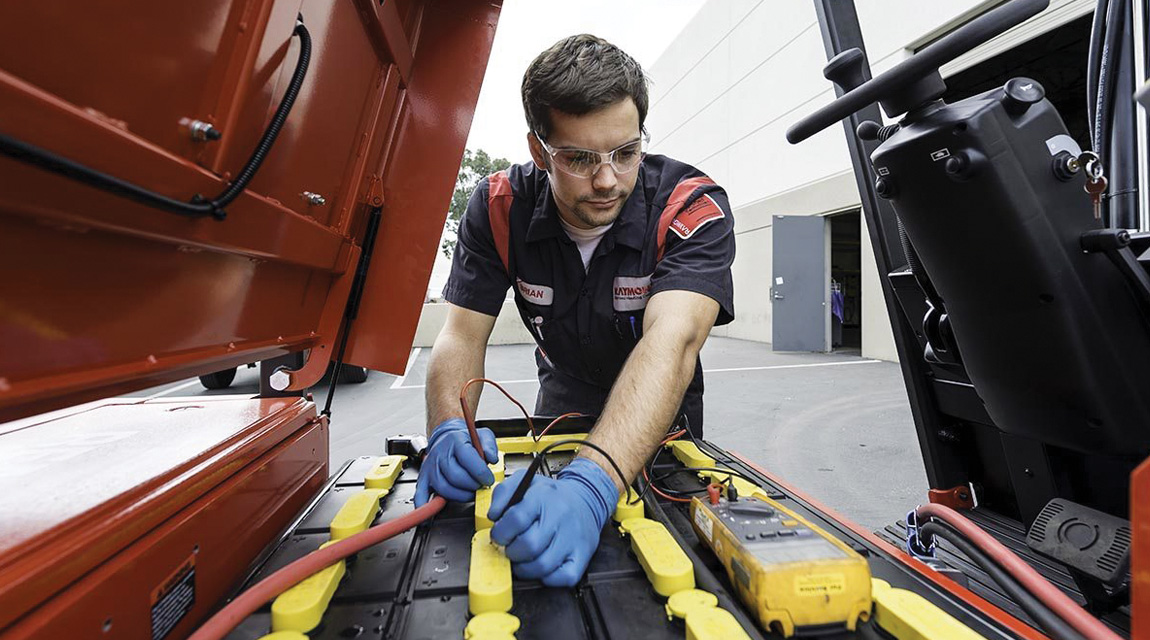Avoid the winter chills

Prepare your vehicles for the winter weather.
To avoid unnecessary and costly vehicle breakdowns and to ensure that a vehicle will start on cold mornings, extra care and maintenance must be applied at the start of winter.
Cold weather makes starting a vehicle more difficult, because low temperatures make the engine harder to crank and, at the same time, reduce a battery’s power potential. A fully charged battery that delivers 100 percent of its full power at 27°C will deliver only about 65 percent of its full power at 0°C and only 40 percent at -18°C.
A regular visual battery inspection will reduce the chance of expensive vehicle breakdowns.
These are some of the items that should be checked:
• Battery terminals that are corroded will inhibit the flow of electricity, which results in the battery not working as required.
• Electrolyte levels must be checked on batteries that are not maintenance free to ensure that the level is not below the top of any of the plates in any of the cells. If the battery water is low it could indicate overcharging, lack of maintenance, or a cracked cell.
• Battery hold-down clamps should not be missing or loose.
• Battery terminals should not show signs of having been hammered or twisted.
• Look for any signs that the battery casing is cracked or damaged.
• Measure the specific gravity of the electrolyte in the battery using a hydrometer. The reading should be between 1 100 and 1 300.
The amount of anti-freeze in the radiator needs to be inspected regularly to ensure that the ratio to water is in accordance to the vehicle manufacturer’s specification. Failing to have the correct amount of anti-freeze could result in the radiator freezing, which will severely damage the
engine.
An incorrect anti-freeze ratio will also result in long-term expensive engine damage due to corrosion. Inexpensive testers are available and testing the anti-freeze content in the radiator is a simple task that should be undertaken at every vehicle service.
Vehicle radiators need regular inspection to ensure that they are not blocked with dirt. Extra care must be taken with vehicles that travel long distances, as the radiators on these vehicles often become blocked with insects and dry grass during the winter months.
Care must also be taken to ensure that the radiator fins have not been damaged by the use of high-pressure cleaning guns.
Vehicle batteries and cooling systems do not normally just fail. There are often tale-tell signs that the driver – if correctly trained and motivated – will quickly see when carrying out the daily pre-trip inspection. He can then report the pending problem to prevent severe engine damage.
In conclusion, checking that the vehicle’s demisting system inside the cab is functioning properly will increase the driver’s visibility in bad weather and reduce the risk of the vehicle being involved in an accident.
Published by
Vic Oliver
focusmagsa




